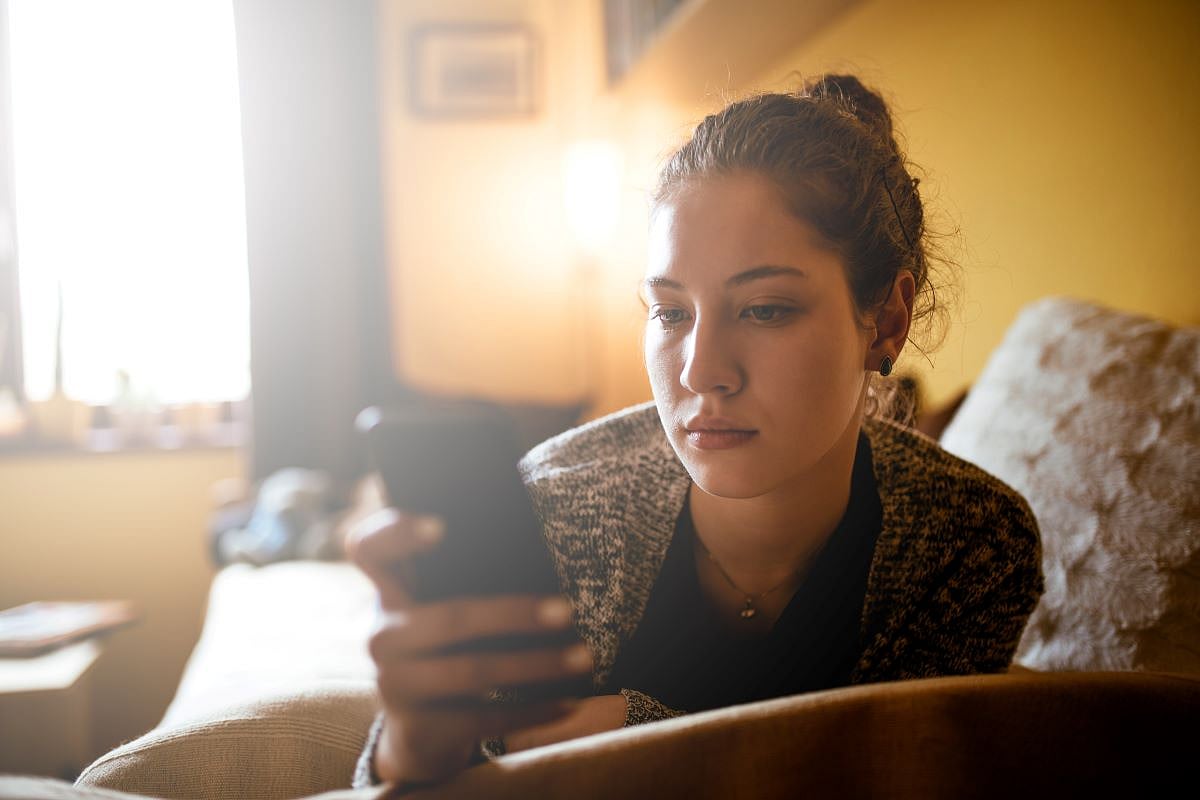Depressive effect among girls mediated through sleep quality, duration, and chronotype
By Elana Gotkine HealthDay Reporter
MONDAY, April 7, 2025 (HealthDay News) — The association between screen time and depression seen among adolescents is potentially mediated by poor sleep, according to a study published online April 2 in PLOS Global Health.
Sebastian Hökby, from the Karolinska Institutet in Stockholm, and colleagues collected three-wave psychometric health data from 4,810 healthy Swedish students to examine links between screen time, sleep, and depression. Four sleep facets (quality, duration, chronotype, and social jetlag) were tested as competing mediators using gender-wise structural equation modeling.
The researchers found that screen time deteriorated sleep within three months, with effect sizes varying between mediators (β, 0.14 to 0.30), but less so between genders. Screen time at baseline had a direct adverse effect on depression after 12 months among boys (β, 0.02). The depressive effect among girls was mediated through sleep quality, duration, and chronotype (57, 38, and 45 percent mediation, respectively). The findings for social jetlag were not significant.
“These results support studies suggesting that screen time displaces sleep in more than one way, including the duration, quality, and midsleep times,” the authors write. “This conceptually replicates the screen-sleep displacement hypothesis effect, and shows that the hypothesis is theoretically applicable to Structural Equation Modeling.”
Copyright © 2025 HealthDay. All rights reserved.








